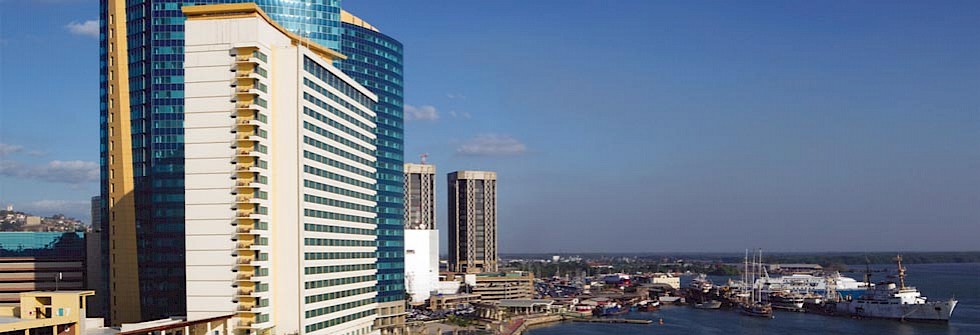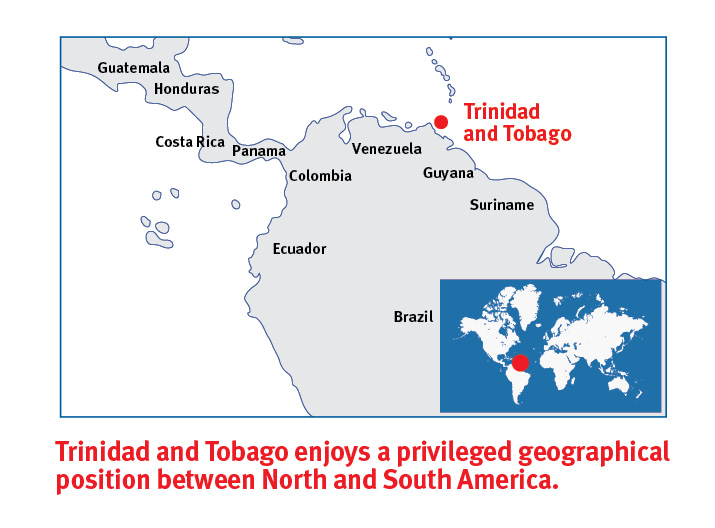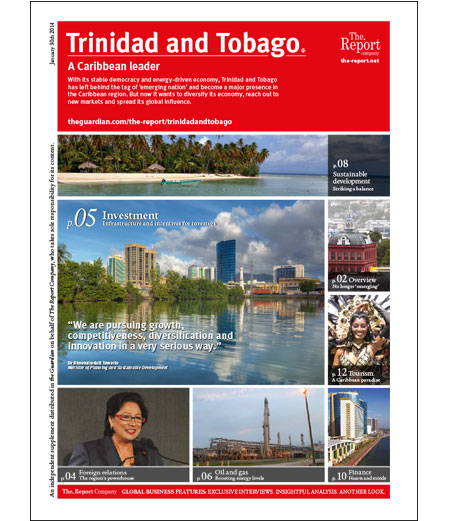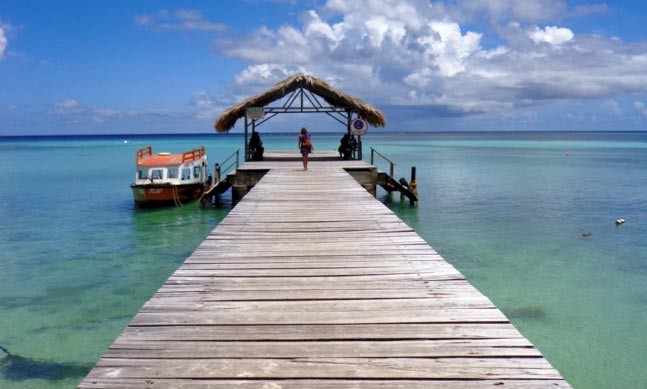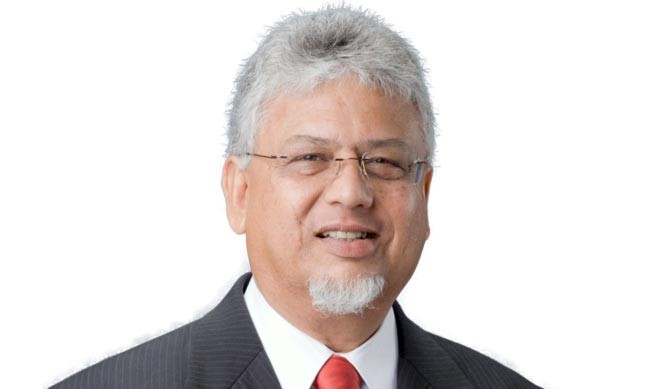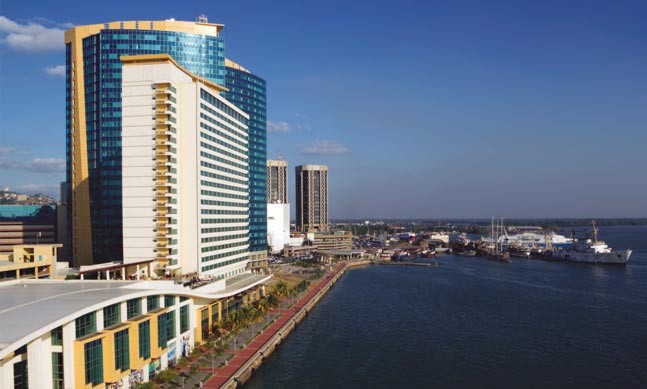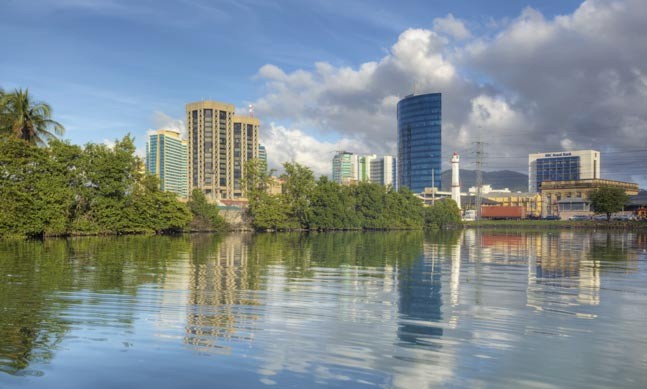The islands are building an enviable reputation as a place to do business, although challenges remain.
While the global economic crisis has seen investment in Trinidad and Tobago fluctuate in recent years, the 2012 data seemed to reinforce the country’s growing investor-friendly status. Foreign direct investment (FDI) worth US$2.5 billion (£1.5 billion) represented an increase of 38 percent on the previous year despite the fact that foreign investment in Central America and the Caribbean region as a whole dropped over the same period.
Trinidad and Tobago’s biggest foreign investors – such as the United States, Canada, the UK and Germany – are currently all involved in its dominant energy sector. “When you have energy, natural gas and oil money, you don’t develop the other aspects of your economy,” notes Keith Chin, CEO of the country’s Free Zone Company (TTFZ), which fosters export-oriented business. TTFZ works with everything from small local firms to multinationals like Nestle.
But, as Chin points out, the circumstances are ripe for diversification, both in terms of industries and markets, with Indian and Chinese investment now firmly in his country’s sights. Closer to home, the burgeoning economies of South America are also of interest.
“Trinidad is a hub in many ways,” he adds. “[Its] domestic market is not that big but we do have cheap energy, good infrastructure and incentives and the convenience to go to the north and the south.”
Tourism is one non-energy industry that is on the rise. But there is also growing investor interest in food and drink, the maritime sector, information technology, steel, desalination, wood and entertainment.
Battling crime and bureaucracy
Its infrastructure, along with a relatively well-educated populace and aggressive tax incentives for companies, helped lift Trinidad and Tobago to 66th position in the World Bank’s 2013 Ease of Doing Business Index. However, if it wants to climb higher it will need to resolve some major issues.
Crime is among these, although the government believes efforts to reduce poverty, get youngsters involved in social projects and develop run-down urban areas will be effective.
Red tape is another hurdle, with processes such as customs approvals, obtaining a construction permit or starting a business all notoriously slow. Mindful of this, the government is taking steps to counter the problems. The feeling is that further measures and legislation are needed, but that the foundations are in place for investment, both domestic and international, to flourish.
“We have all the basic infrastructure to compete on the world stage,” says Moonilal Lalchan, president of the Chamber of Commerce. “We are world players and this is an opportunity for business to come in.”
Fashion, film and the ocean
Several government-backed agencies - eTeck, InvesTT, TTFZ and ExporTT - are promoting the diversification of Trinidad and Tobago’s economy from different angles. And while energy and tourism remain at the heart of the country’s growth, the ministry of trade, industry and investment has identified the maritime industry, the creative arts and food and drink as priorities for development.
Maritime activity includes transport of goods and people, ocean brokerage, port operations and marine construction and the government sees the updating of relevant legislation as key for the industry’s growth.
Film, fashion and music drive Trinidad and Tobago’s creative arts. Anya Ayoung Chee’s fashion designs have international resonance, while the Caribbean Music Group encourages top quality musical and celluloid output while using local talent.
Meanwhile, beverage firm Fresh Start is an example of how a family-run business can expand to enjoy enormous success.
The maritime industry, the creative arts and food and drink industry are priorities for development
InvesTT
InvesTT is a subsidiary of the government’s diversification and promotion agency eTeck and was created in 2011 as an investment one-stop shop with the aim to attract investors to the country, particularly for the development of its non-oil sectors.
Entrusted with attracting, targeting and diversifying investments to the nation, eTeck’s president Kelvin Mahabir is seeking to develop his country’s ICT sector, among others. The US$1 billion Tamana Science and Technology Park is one of the agency’s flagship projects, housing the University of Trinidad and Tobago’s main campus as the nation looks to move towards a knowledge-based economy and develop its human capital.
“We are trying to align the whole country’s strategy to provide businesses with the ecosystem they need and that is where government comes in with its policy and incentive programmes as advised by InvesTT,” says Mahabir. “We’re looking at ICT, clean technology, animation, fashion and carnival, and the financial and tourism sectors.”
Cutting the red tape
State agency ExporTT is charged with developing the export sector and much of its work is focused on reducing bureaucracy. With the islands seeking to boost their port industry, a new online system means customs brokers can avoid cumbersome paperwork and secure approvals much quicker. Elsewhere, company registration is being transferred online and steps are being taken to make the construction permit system more user-friendly.


